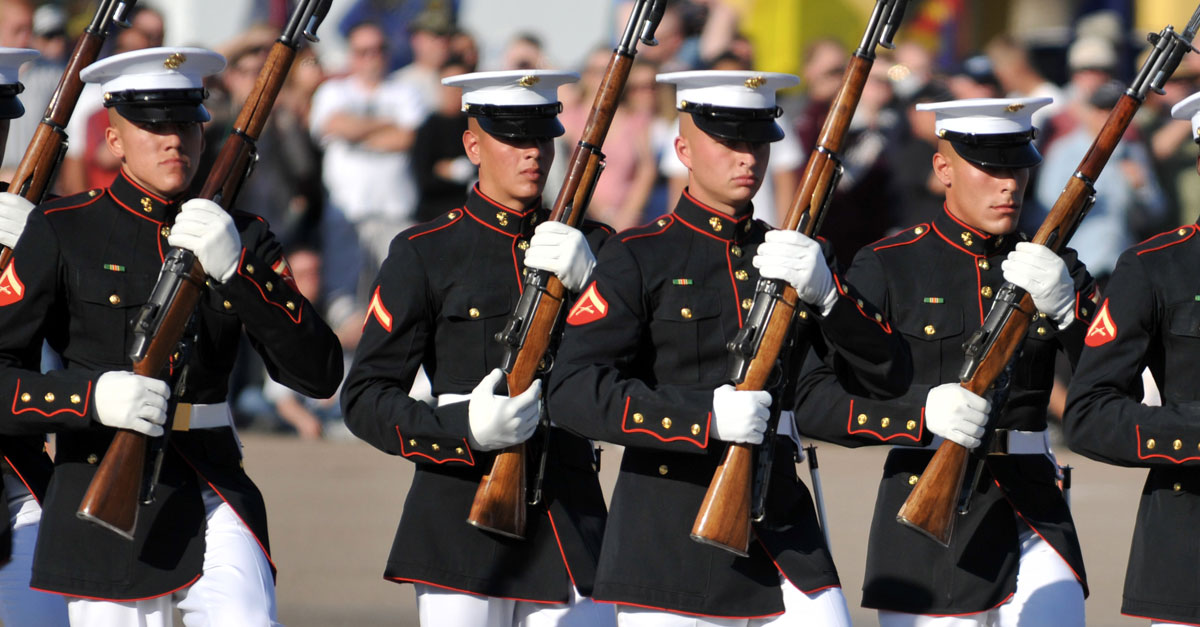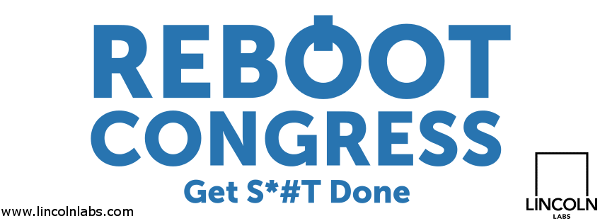You hear a lot of politicians tell us the way to win the War on Terror is to just increase the size of our military’s special forces and then turn them loose on the terrorists. That’s nonsense.
Special forces are an elite group because they are a cut above the rest. If it were so easy to just cook up some more special forces, I’m sure the Pentagon would have happily done that by now.
No, elite organizations are not easy to build and hard to expand. So how does an organization become elite? If we look at the military example, there are at least two clear factors that contribute to their elite-ness: 1) top notch individuals and 2) top notch training.
The individuals who make up the U.S. Special Forces are not superheroes, but they are incredibly intelligent, capable (some may even say crazy) soldiers who push themselves to incredible extremes for the sake of preserving our freedoms. Likewise, the top performers in any company are the most intelligent, hardest working, and best problem solvers in the workforce. By being disciplined enough to pull together those people in an organization, you create the foundation for an elite organization.
But equally important is training. Let me ask you – when was the last time your team gathered for a staff meeting and asked a “What if?” question? What if this client asks us to do X? What if our competition goes in another direction?
Do you know how you would respond, as an organization? Do you know how you would overcome the obstacles?
We need to ask ourselves hypotheticals as individuals and organizations to be prepared. That exact situation we war-game may never happen, but the exercise of thinking ahead and planning a response will help any career, any organization, any nation.
Special Forces know what to do in the field because they have been trained for it. National championship football teams know how to beat their opponents because they have trained for it. Peyton Manning is a good athlete, but an incredible strategist. He studies hours and hours of film to get the elite edge.
Do you study your opponents? Do you practice your tactics? Too often we rush to solve a problem we have not prepared for with half-baked answers that are rarely adequate. Instead we should focus on training and discipline, giving our top performers the tools to execute in extraordinary ways.
We work in a competitive marketplace. In order to gain that competitive edge, we need to think ahead and train for hypotheticals. It is one step toward being an elite organization.


